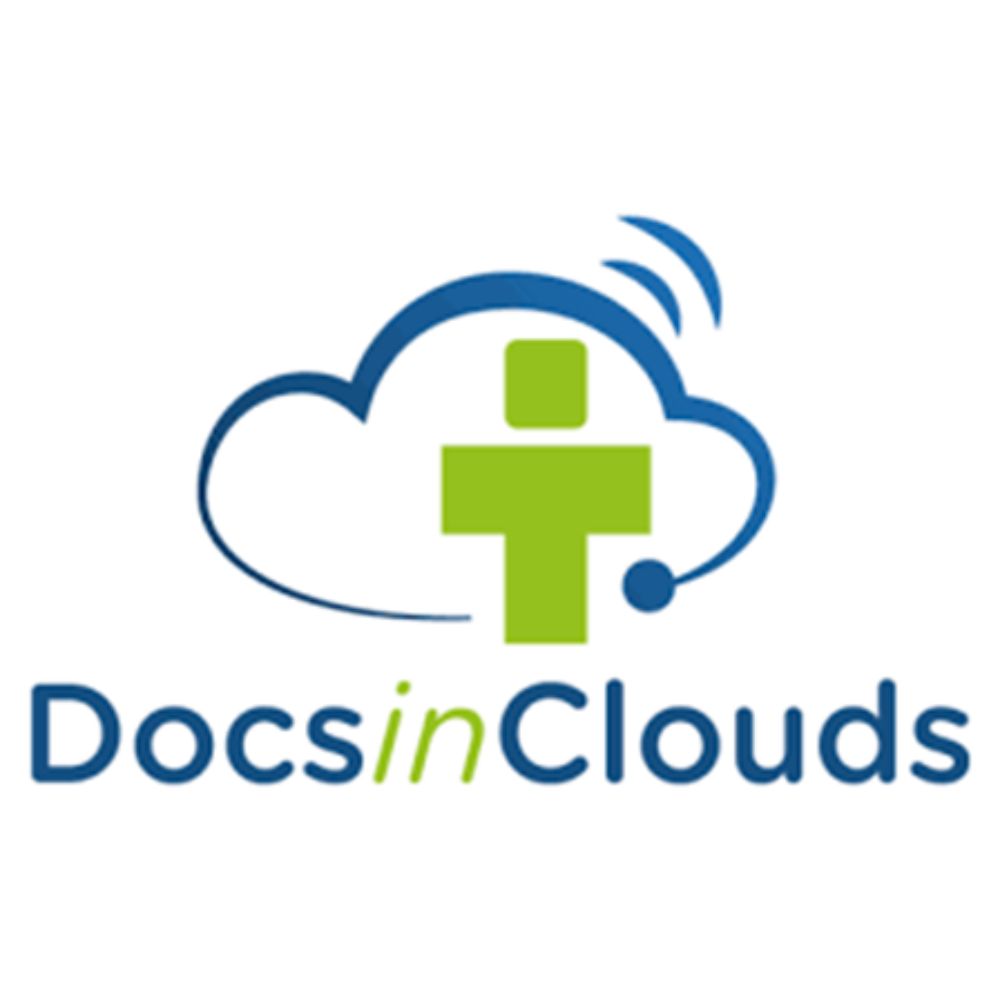The overarching aim of the Tele-PeriOP research project is to investigate the feasibility of using telemedicine in preoperative anamnesis and information sessions. The aim is to reduce the time required by patients while maintaining or improving the quality of care. By combining the CDS system “Medimir” (Börm Bruckmeier Verlag GmbH) developed in the KI-PeriOP research project with the telemedical software system “tara” (Docs in Clouds TeleCare GmbH, Aachen), the premedication visit, i.e. the preoperative risk evaluation, information and consent of the patient, is to be carried out telemedically and online as far as possible. Preoperative visits by patients to the clinic should only take place if on-site examinations at the clinic are really necessary. The tara software system, which is already commercially available, should enable the anesthesiology history and information interview as well as the preoperative patient consent in digital-virtual, telemedical form. The Medimir CDS system is intended to support the physician in guideline-compliant perioperative care, e.g. in the indication of additional preoperative examinations and changes to perioperative medication, blood management, delirium prevention, etc.
1. primary hypothesis: The use of a contactless, digital-virtual interaction- and CDS-system for physicians and patients during the premedication visit leads to a reduction in resource consumption while maintaining or increasing the quality of care. The endpoints are primarily patient resources, e.g. waiting and travel times, technical effort. A comparison is made between the current standard procedure with anamnesis and information in the clinic and the telemedical procedure.
2 Secondary hypotheses: The use of the digital-virtual interaction and CDS system reduces the use of resources by physicians (e.g. less documentation effort, flexible use of personnel) during the premedication visit. Costs can also be saved, e.g. by reducing the number of rooms and waiting areas in clinics. The participatory involvement of patients improves documentation quality and interface optimization. The validity of the data collected by patients themselves compared with the data collected by hospital staff is being investigated. Whether there is a reduction in duplicate documentation and an improvement in documentation quality will be determined within the control group. Further endpoints include guideline adherence, health economic and ethical aspects.
Effects
Partners
Project Lead
Funding
Project Partners





© 2024. Medimir Systems GmbH
